ENERGY POSITIVE BY 2030
(Satellite image by Copernicus Sentinel-2, European Space Agency, via CNS)
The States of Guernsey and Guernsey Electricity are aiming for zero carbon emissions by 2050. Where will the island's new energy policy and climate action plan lead us? Will 2050 be swift enough? Is just being carbon-zero enough? As individuals, as an island, as a global community, it's imperative we solve the climate crisis and other related issues - once and for all.
We can go quicker than current aims, before 2050, faster, in two simultaneous stages:
1) Aim to be "Energy Positive" by 2030, that's just 10 years away.
2) By 2035 become "emission-free", and "energy-independent".
From a strimmer to a car, from boats to ships, mowers to airplanes, all these things can be powered by renewable energy-powered electricity. And this energy can be produced in our own homes and businesses for ourselves or for the community around us, or from our territorial waters.
This “energy transition” is progression towards everything we currently use that is oil, gas, or petrol-powered, including all transport and heating, being electric-powered in some way at some point.
By joining the energy community, you can produce for yourself, generate more than you need and sell it to the network - the electrical energy community. Tap in, be self-responsible. See solutions to find out what you can do now - whether a small household or a large power user or potential big generator.
The resulting electrical technology will entail rechargeable batteries; hydrogen-powered fuel cells; electric heat pumps; hydrogen fuel cells and hydrogen boilers; and hydrogen-powered electrical generators. See the Tech Talk section for more information.
Utility-scale storage will be required. Five years from now the oil-fired station may be turned off permanently set aside for emergency backup only. The envisaged Guernsey Electricity (GE) trajectory means investments in infrastructure and cost of operations could rise. But there is an ongoing debate as to how all this will pan out. On the one hand, GE wants to keep it simple and containable with little microgeneration, but on the other hand, individuals want to 'do their bit', and self-generate as indicated above. And we will all want to reduce our running costs as electricity will rise to pay for the infrastructure investments.
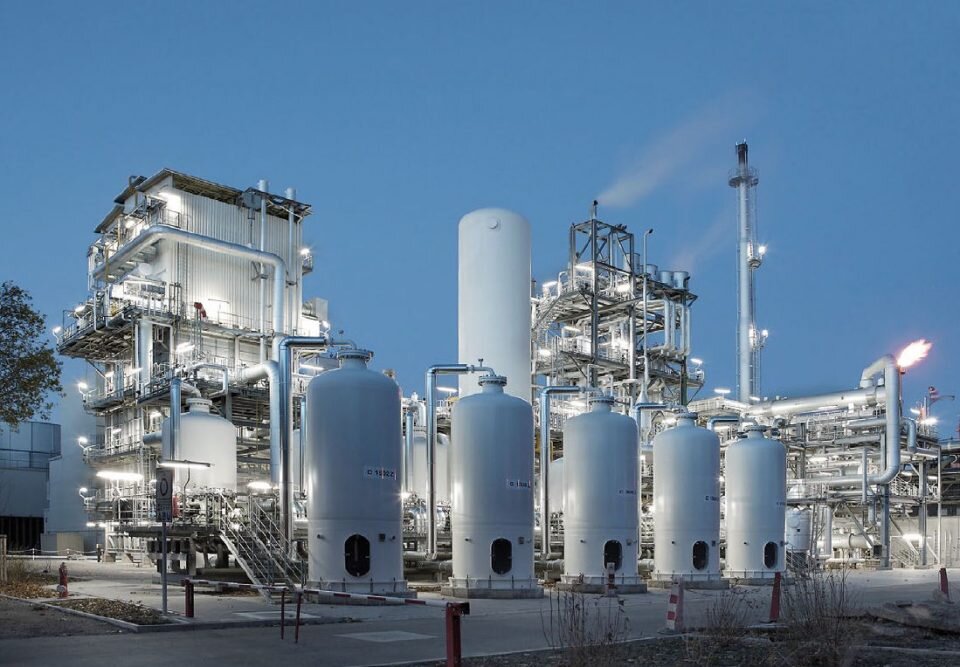
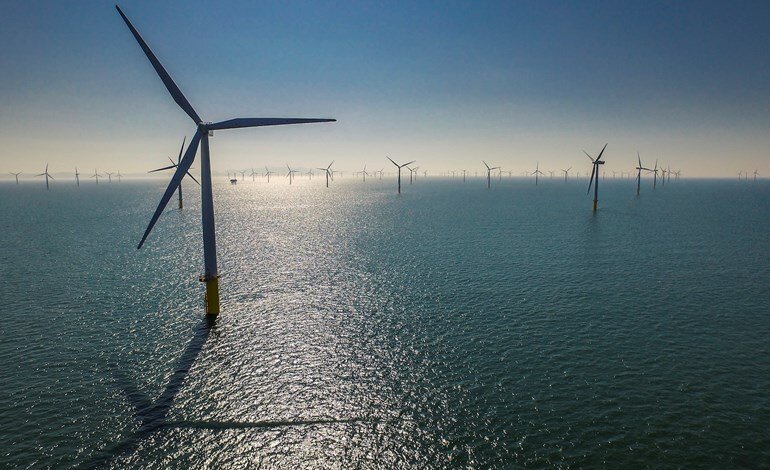
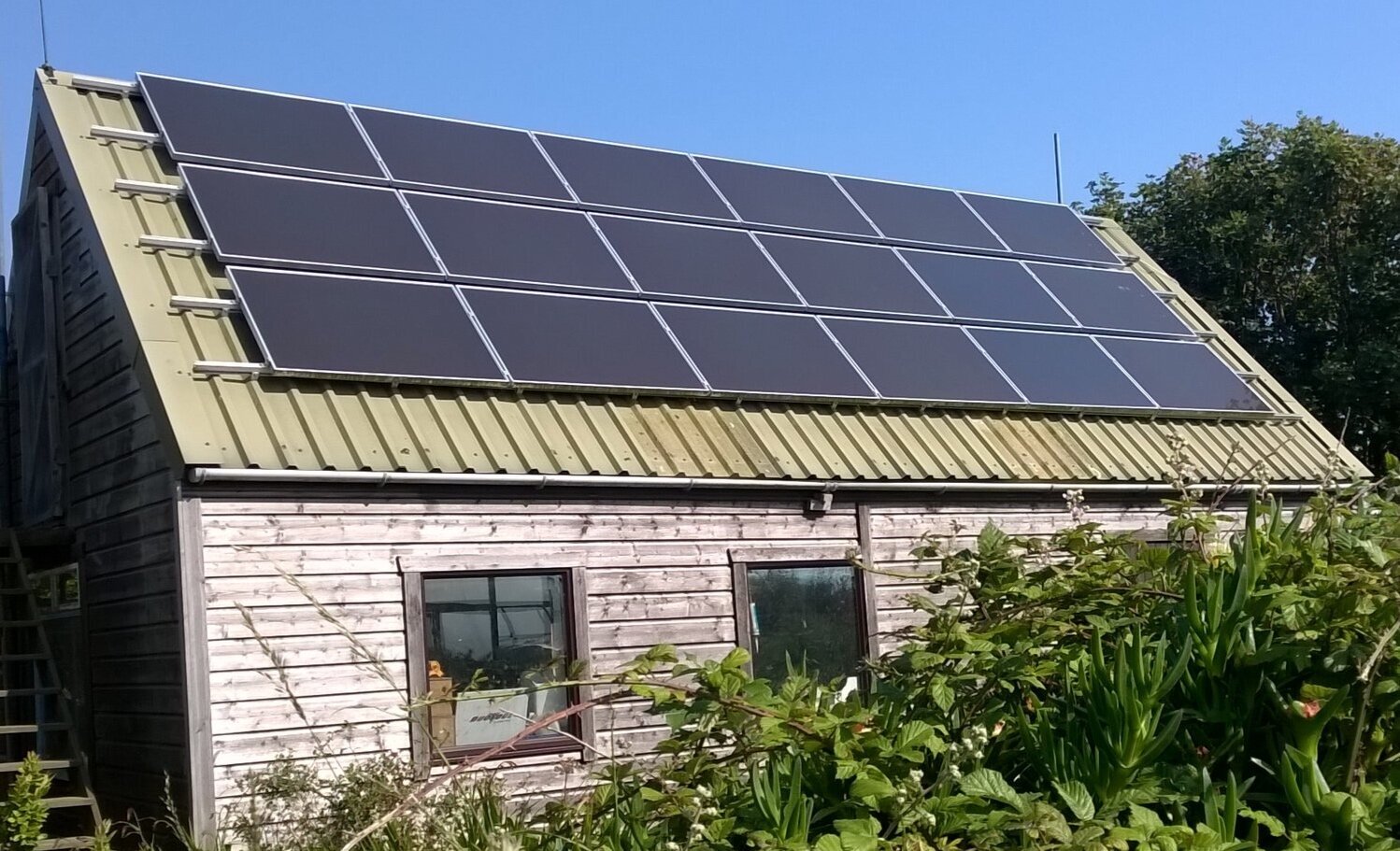
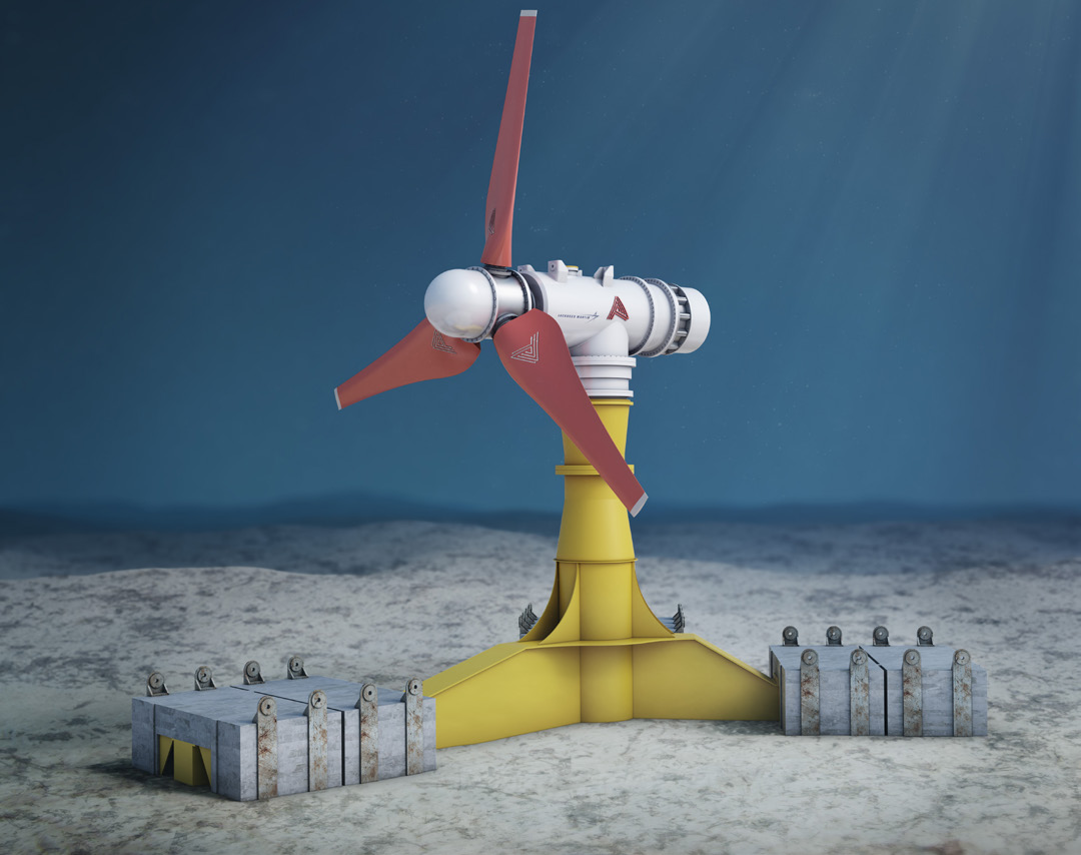
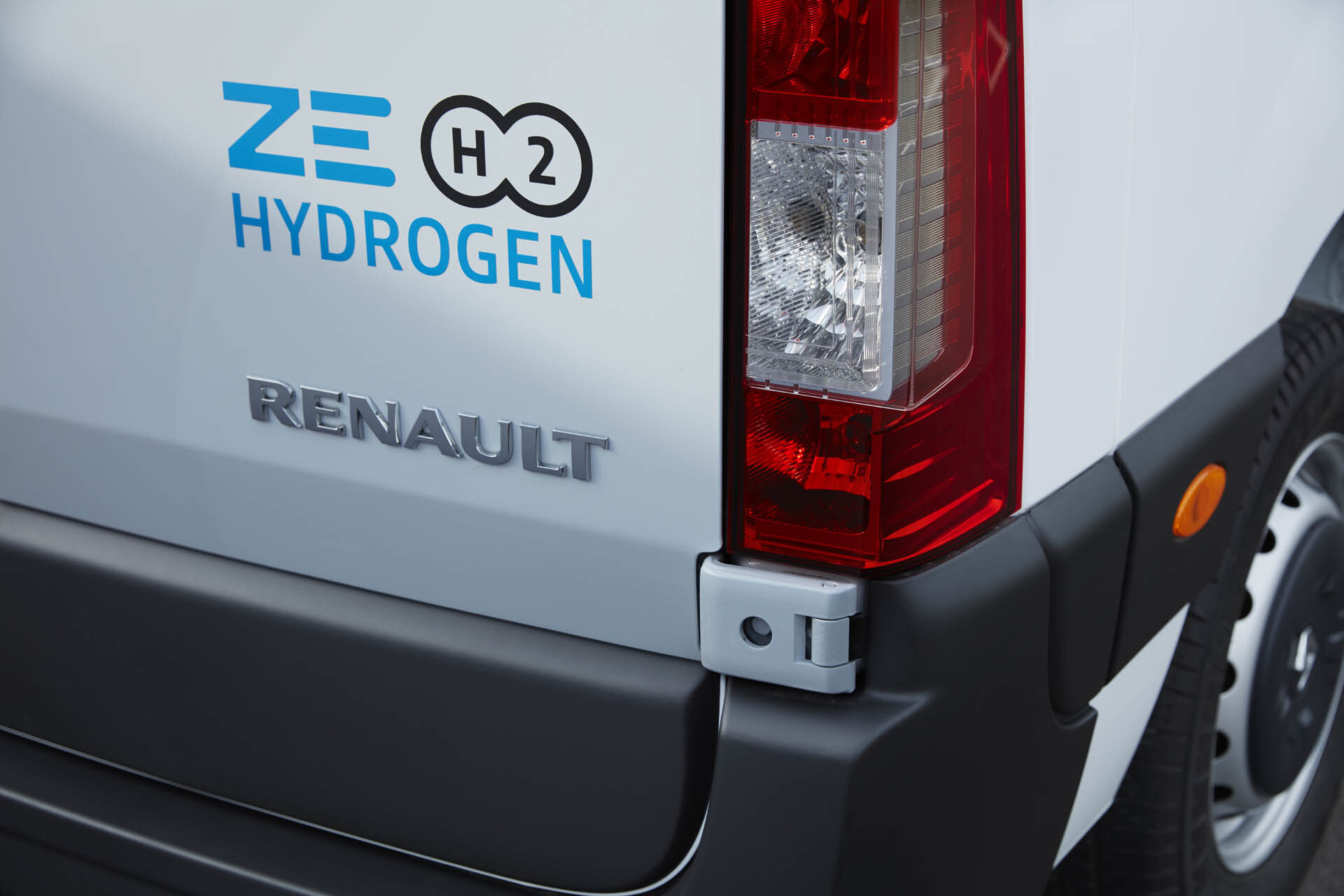
Energy Positive
If the Bailiwick of Guernsey generates more energy than it uses, we can reach "Energy Positive" status. That means we can sell power to continental Europe. A vast nexus of solar energy on the land and a vast amount of power in the seas around us. A combination of offshore wind energy and tidal energy could yield us some 4GW which is substantial. This will allow economic security into the future.
France and Europe will ultimately both decarbonise and denuclearise, as people realise that to mitigate climate change, nuclear energy is not a sensible and sustainable alternative. They will need more and more electrical power – but we have more renewable power available to us per square mile than virtually any other jurisdiction and far, far more than we need.
As the climate issue will be won, humanity globally will have to address all aspects of existential threat, not just carbon dioxide emissions. Subsidies on oil, gas and nuclear will shift away and speed up the transition as renewables become relatively even lower cost.
Guernsey is in a prime position to assist Europe with the energy shortfall as we are surrounded by such vast amounts of renewable energy.
Because we are connected to Europe by cable link, literally every watt we generate is another watt for the world.
We can make a sure-fire positive contribution to the Energy Transition, to the advancement of Planetary Change, and we can entirely wipe out our Carbon Legacy.
We are literally parked in the middle of an ‘oil field’.
Energy Independence
This does not gain us energy independence however, to do that we still need to generate all the energy we can get on-island from solar photovoltaics and battery storage. Energy reliance and security of supply is hugely important as an island. We can use the offshore energy to produce hydrogen and charge batteries when we are able, but then we must store enough hydrogen gas in the same way as we store enough oil and gas now to see us through times where there could be shortages. Cable links can break, switches can be moved.
The island must minimise the amount of energy it uses by a combination of energy efficiency and energy conservation. That means efficient forms of travel and efficient forms of heating. For example, heat pumps use 3 times less energy than direct electric boilers. The capital expenditure in renewable capacity is far lower when a heat pump is utilised or if a home is insulated.
CLEAN ENERGY WILL ALLOW US TO become a healthier, happier and quieter society.
What is 'Emission-Free'?
It means that heating systems, transport, any fossil-fuel device does not emit any pollutants – because its electric. And that electric power must come from renewable energy sources, otherwise, it's not green and clean. In other words, no gas, no oil, no fumes, no nuclear, no emissions of any sort. If we extend this thinking to food resilience, the absence of pesticides and food independence, we can extend our healthy lifestyles. Take an electric-fume-free quiet ferry-boat trip to Herm Island.
How do we make all this happen?
By generating all our energy on-island, and by using our seas, we can make this happen. To back this up, I am proposing a Bailiwick-wide Green Industrial Business Strategy encompassing all the above, and enabling individuals, businesses, entrepreneurs and private enterprise to work in partnership with the States of Guernsey. We can give a mighty kick-start to what will be a sluggish economy post-pandemic.
By Paul Fletcher


